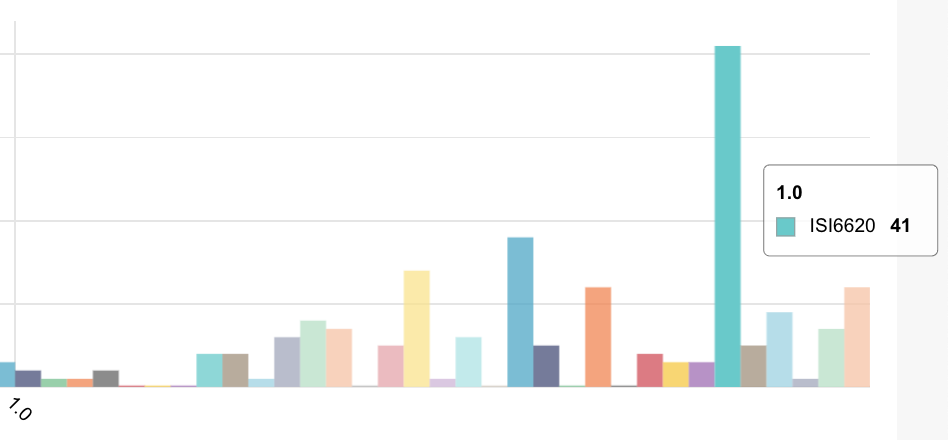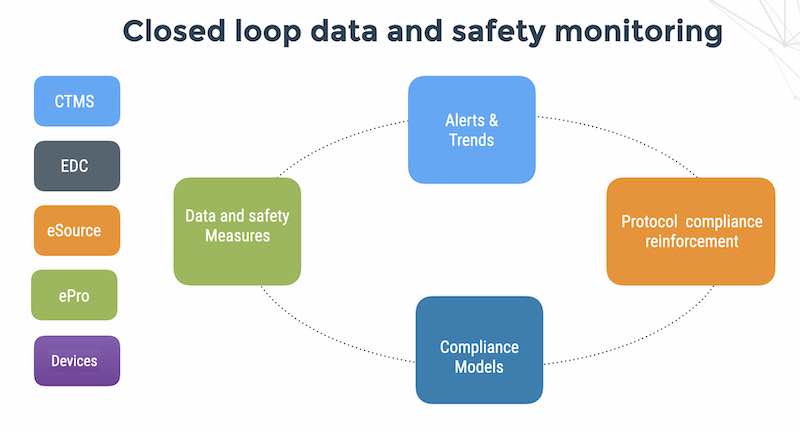A better tomorrow – Times of crisis usher in new mindsets
By David Laxer. Spoken from the heart.
In these trying days, as we adjust to new routines and discover new things about ourselves daily, we are also reminded that the human spirit is stronger than any pandemic and we have survived worse.
And because we know we’re going to beat this thing, whether in 2 weeks or 2 months, we also know that we will eventually return to normal, or rather, a new normal.
In the meantime, the world is showing a resolve and a resilience that gives us much room to hope for a better tomorrow for developing new therapeutics.
However, these days have got us wondering how things might have looked if clinical trials were conducted differently. It’s a well-known fact that clinical trials play an integral role in the development of new, life-saving drugs, but by the time they get approved by the FDA it takes an average of 7.5 years and anywhere between $150m-2bn per drug.
Reasons for failure
Many clinical studies still use outdated methods for data collection and verification: they still use a fax for crying out. They continue to manually count leftover pills in bottles, and still rely on patients’ diary entries to ensure adherence.
Today, the industry faces new challenges to recruit enough participants as COVID-19 forces people to stay at home and out of research hospital sites.
Patient drop-outs, adverse events and delayed recording of adverse events are still issues for pharma and medical device companies conducting clinical research. The old challenge of creating interpretable data to examine safety and efficacy of new therapeutics remain.
The Digital Revolution:
As hard as it is to believe, the clinical trial industry just might be the last major industry to undergo digital transformation..
As every other aspect of modern life has already been digitized, from banking to accounting to education now, more than ever, is the time to accelerate the transition of this crucial process, especially as we are painfully reminded of the need for finding a vaccine. Time is not a resource we can waste any longer.
Re-imagining the future
When we created FlaskData we were primarily driven by our desire to disrupt the clinical trial monitoring paradigm and bring it into the 21st century — meaning real-time data collection and automated detection and response. From the beginning we found fault in the fact that clinical trials were, and still are overly reliant on manual processes and this causes unacceptable delays in bringing new and essential drugs and devices to market. These delays, as we are reminded during these days, not only cost money and time, but ultimately they cost us lives.
To fully achieve this digitization it’s important to create a secure cloud service that can accelerate the entire process, and provide sponsors with an immediate picture and interpretable data without having to spend 6-12 months cleaning data. This is achieved with real-time data collection, automated detection and response and an open API that enables any healthcare application to collect clinical-trial-grade data and assure patient adherence to the clinical protocol.
Our Promise:
It didn’t take a virus to make us want to deliver new medical breakthroughs into the hands that need them most, but it has definitely made us double down on our resolve to see it through. The patient needs to be placed at the center of the clinical research process and we are tasked to reduce the practical, geographical and financial barriers to participation. The end result is a more engaged patient, higher recruitment and retention rates, better data and reduced study timelines and costs.
The Need For Speed
 As the world is scrambling to find a vaccine for Corona, we fully grasp 2 key things: 1) Focus on patients and 2) Provide clinical operations teams with the ability to eliminate inefficiencies and move at lightning speed. In these difficult times, there is room for optimism as it is crystal clear, just how important it is to speed up the process.
As the world is scrambling to find a vaccine for Corona, we fully grasp 2 key things: 1) Focus on patients and 2) Provide clinical operations teams with the ability to eliminate inefficiencies and move at lightning speed. In these difficult times, there is room for optimism as it is crystal clear, just how important it is to speed up the process.
Social Distancing
In this period of social distancing, we can only wonder about the benefits of conducting clinical trials remotely. We can only imagine how many trials have been rendered useless as patients, reluctant to leave their houses have skipped the required monitoring, have forgotten to take their pills and their diary entries have gotten lost amidst the chaos.
With a fully digitized process for electronic data collection, social distancing would have no effect on the clinical trial results.
About David Laxer
David is a strategist and story-teller. He says it best – “Ultimately, when you break it down, I am a storyteller and a problem solver. The kind that companies and organizations rely on for their brand DNA, culture and long-lasting reputation”.
Reach out to David on LinkedIn








